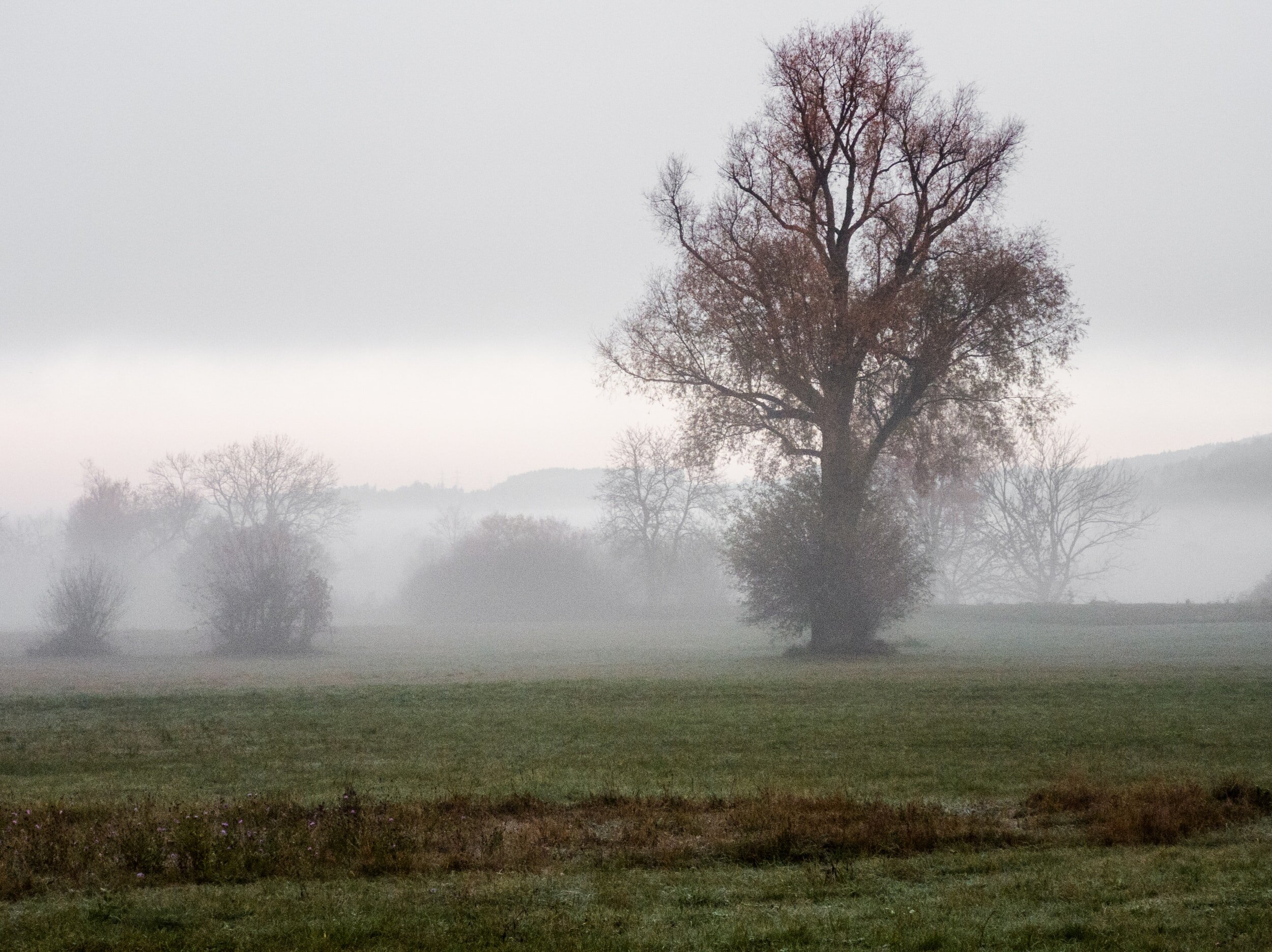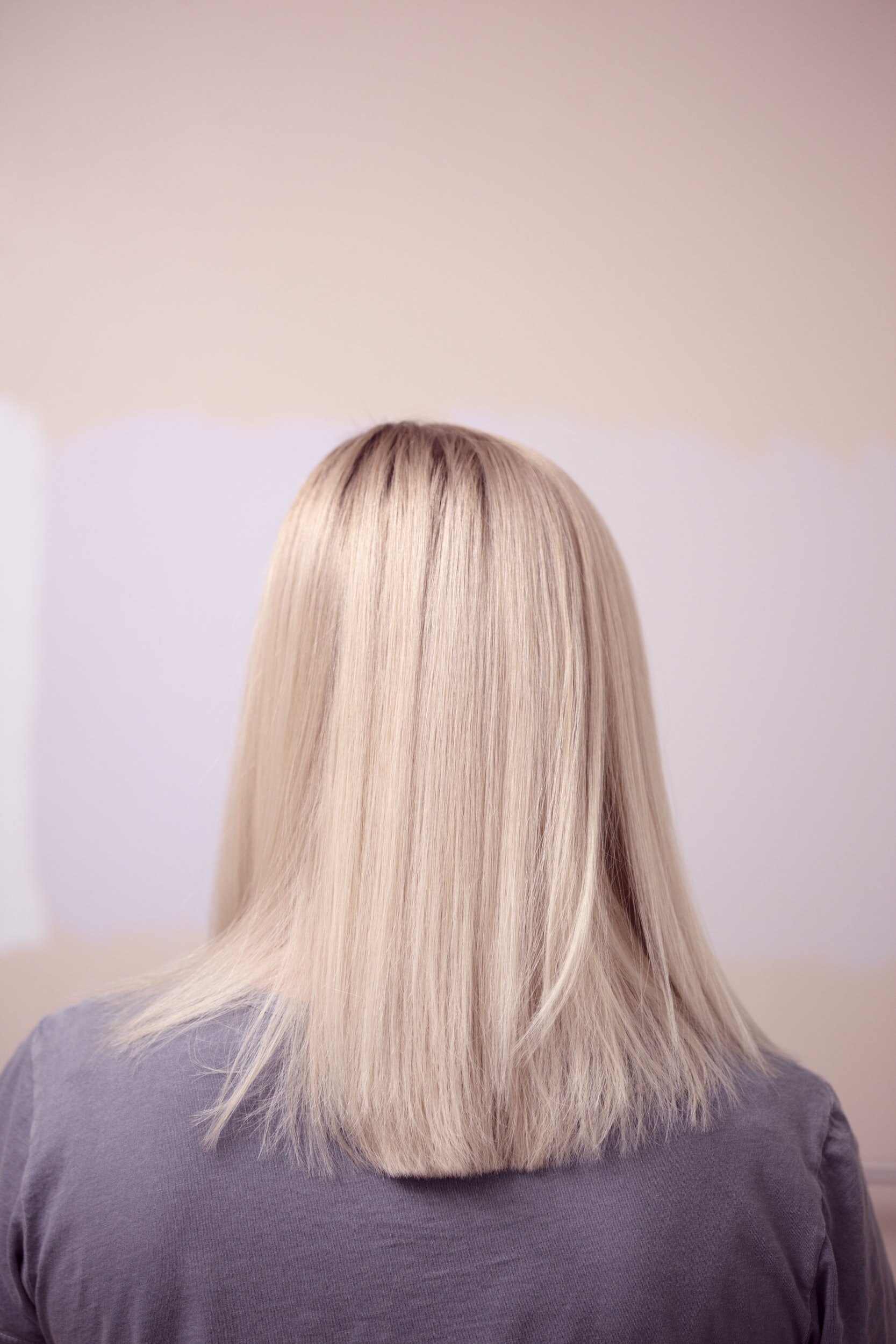I Don’t Belong Here.
My dad was right. I don’t belong here. I don’t want to.
My parents were in the restaurant business for 20 years. They went to work 12 hours a day, serving sushi to customers who couldn’t pronounce their names, and came home with rough hands and cramped calves. Yet somehow, they mustered the energy every day to pass as much knowledge to me as they could, to expand the mind and satiate the curiosity of an imaginative five-year-old. My childhood memories consist of lying in my mom’s arms as she read me Korean folk tales, and in bed with my dad as he taught me multiplication with apples. They made sure that I understood my worth, intellect, and beauty, that I stepped into every room with the confidence of a mediocre white man.
As I progressed through the US school system, my blissful reality became less and less so. Every Asian kid has a story about being bullied for our “stinky lunchboxes” and “chinky eyes,” and I was no exception. Being othered is heartbreaking for most and confusing for many. I could not reconcile what I learned in the classroom with what I experienced in the playground; if citizenship was my birthright, why was I being told to go back to where I came from? I was born in California.
My dad tried to caution me many times. “Kyurie-ya, you must remember that, no matter how much it feels like it, you will never belong here.” These warnings were informed by a decade of racist encounters, and his experiences were further exacerbated by the inability to fully express his frustration or to fight back in English. He spoke from his scarred heart, seeking to protect me from the pain he had endured from the moment he stepped foot in this country.
I argued and cried, trying to convince my own father that I do, in fact, belong here. US-born and US-raised, how much more American could I get? At that time, I didn’t understand the crux of his message: you will never be acknowledged as an American, because you will always be perceived as Asian. We talked at each other for many years to come.
In college, I dyed my hair blonde and avoided the Asian American Cultural Center like my life depended on it. I purged my iPhone of K-pop and learned every word to Mr. Brightside. I donned flannels and envied my friends who were rich enough to buy Patagonia half-zips. I resented my Asian and Asian American peers who walked in groups, unbothered and chatting loudly, to the nearest boba place. I vowed never to be “that kind of Asian.”
But no matter how hard I tried to fit in, I stood out like shrimp tails in a cereal box. I was the only person of Asian descent in my singing group, where I spent much of my time. The only customer at the most popular sushi spot on campus who thought, “I’ve had better.” The only friend disappointed in dining hall food, not by under-seasoned chicken but by the raw cubed tofu in the salad bar; didn’t they know how delicious tofu could be when stewed with kimchi and spam?
My assimilation only took me so far. At the end of the day, my hair took hours to bleach. I still spoke with my parents in Korean, to the fascination of my peers. My friends were shocked to learn that I had never heard of Mamma Mia. No matter where I turned, I faced small but painful reminders that I would never experience the acceptance and belonging of a white person. I pushed my discomfort and shame down deep, doing everything I could to distract myself from the bitter truth.
I’ve learned a lot since then. The first time I heard the term “internalized racism” felt like an epiphany, a dissonant chord resolving. In my quest to fit in over the years, I unwittingly strove to increase my proximity to whiteness. Key word: proximity. After years of actively unpacking and unlearning the lies I was told, and those that I told myself, I now wear my Korean identity on my sleeve. I champion BTS and K-dramas to anyone who will listen. I spend hours learning about my family’s history, Korean mythology, and popular Korean dishes I have yet to try.
For so many years, I failed to consider that I could belong here despite and because of my Korean identity. That I could belong just the way I am, without contorting myself to fit into the box white supremacy created. I finally understand that belonging is, more than anything, a feeling. Whether or not I belong here was never about external perception, and always about whether I believed it myself.
I finally chopped off the last of my blonde hair this month. It’s all grown out, black as can be, with a shimmer of brown in the light just like my mom. This summer, my parents are moving back to South Korea for good. Their new home is in Yeongwol, close to both the mountains and the ocean, and they speak about their future garden with rare moments of glee and hope. I couldn’t be happier.



